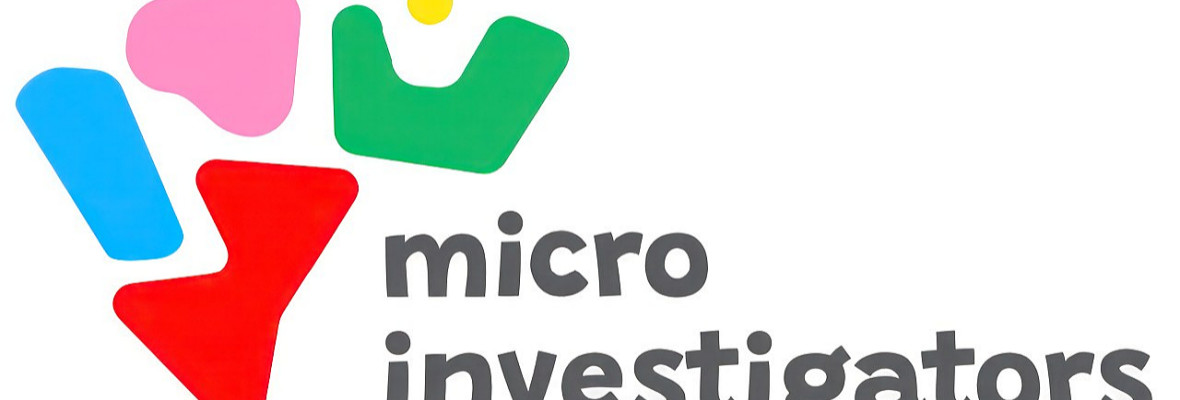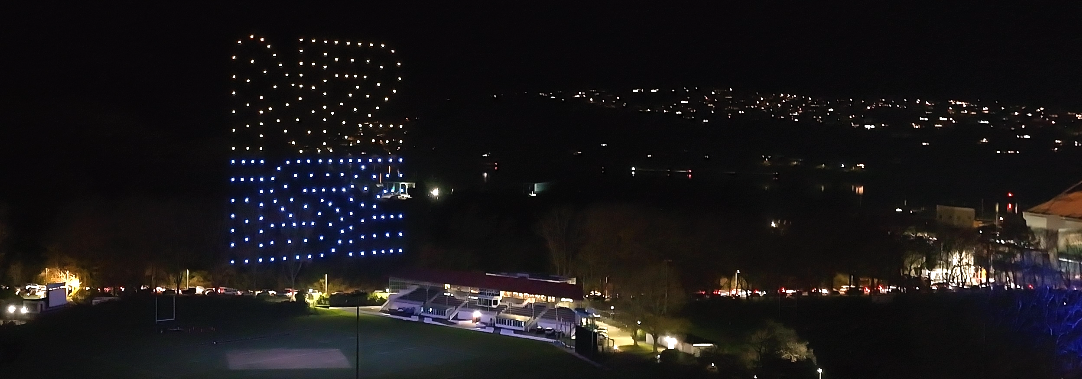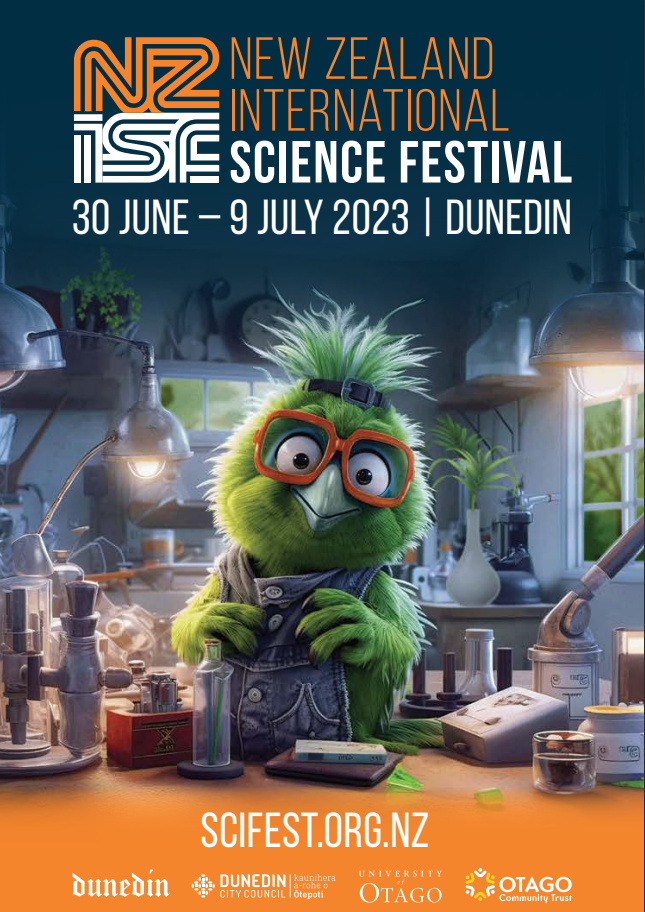
Raise awareness about microplastics in waterways, to involve all sections of education and to make change for sustainability
Visit the Micro-Investigators stall for a hands-on demonstration of their straightforward, inexpensive, and accessible methodology for sampling rivers and isolating microplastics in the lab.
In this festival we will be mainly working with school-aged children and will introduce them to microplastics through a few activities. In these activities the children will be able to use microscopes to spot micro-plastics samples on the slides. In another activity children will be asked to fish out the sources of plastic in the environment using toy fishing rods. We will also exhibit microplastics sampling kits and explain how to use them in the field. Visitors will be encouraged to suggest simple swaps for plastics products used in day-to-day life.
The goal is to present a simple and standardised approach that can be easily applied by primary school, high school, and tertiary students, empowering communities through environmental education, Māori indigenous values and wisdom and raising awareness of waterways microplastics pollution.
About Micro-Investigators:
From 2020 to 2022, the Micro-Investigators programme engaged eight primary schools in the Southland region in coordination with Southland Enviroschools and with support of local councils (Environment Southland, WasteNet Southland) and community groups. In addition, students from three high schools were involved in the laboratory analysis and microplastics identification. Field and lab sessions were facilitated by tertiary students from the Te Pūkenga / Southern Institute of Technology. Presence of microplastics was detected in nine waterways across Southland. The data was published on the Micro-Investigators website and is freely available to the public. The student-led model based on tuakana-teina framework and reach across different levels of education further extends the ethos of citizen science. Six microplastics sampling kits (funded by community grants) are rolling out, which would assist the community with sampling for microplastics independently. By investigating the presence of microplastics in local waterways, this environmental action-based programme seeks to ‘make the invisible visible’, demystify science, and raise young people’s awareness of the problem.

